What are the right questions? Who should we ask?

Doing them is good and right.
But what are the right questions?
Who should we do it to?
And above all, how should we position them?
Three questions [and more] to answer the question mechanism.
Knowledge - the deep one - feeds on doubt to find form .
The question, more than Socratic, is logical: we cannot know everything about everything; it therefore happens that the most correct attitude to have on the issue of "knowing you don't know" is to ask yourself as many questions as possible. About things; about feelings; about the people.
It is natural instinct; what arises from the depths. A mechanism that accompanies us throughout life, since we were children. An attitude that concerns first of all ourselves, then the world that revolves around us.
If you have decided to write to communicate , not only do you have to ask yourself various questions ; you must also be able to predict/anticipate those of the reader.
Read to understand who reads you
Nothing is law if it is not written in the code.
But it so happens that writing is also code; a code that, beyond grammatical correctness, everyone can use as they wish. In the end, the important thing is to be understood by the reader.
The first question to ask yourself in order to write well on a given topic is to examine the text of someone who has already dealt with that topic - with a certain authority, I might add. Wearing the reader's shoes means understanding his point of view . Become a reader of others, then: take a tour of the web , print the article of guy and mark. Mark all that goes well with a green pen; and everything that doesn't go well with a red pen.
Writing is its own teacher. Start your "experimental analysis" from the superficial structure of the text and ask yourself some questions :
- how is the layout ?
- What are the fonts like? Can I read well?
- Is there enough line spacing between lines?
- And the colors? Is there a distinction between title, link and body text?
- Are there bold and italics? And how they are distributed is clear?
- Can I distinguish the paragraphs at a glance?
- At a glance, is the content well distributed in the interface space? Does the eye take a hit and freeze... or does he breathe and everything seems clear to him?
- what words did the author choose? Would I have done the same? Are they clear?
- How long are the words? And the sentences? And the periods?
- Does everything flow or do I lose the thread and get stuck straight away?
- What form are the verbs in?
- Are there adverbs and circumlocutions?
- Are there rhetorical figures?
- Is the complex concept simplified?
These are just examples, of course. It is enough for you to know that, by reviewing the text of others , you learn concepts such as "contradiction" and "emulation". Two important things.
Listen... to be heard!
You would love to write what you want, how you want and wherever you want.
In fact, when you were little, you had a nice diary in your drawer; pity that, today, that diary has become a blog with an open padlock. Today, if you want to be read, you have to know how to listen... and not just in the sense of satisfying what a fuzzy audience wants to know. Today knowing how to listen means intercepting a need and doing it first of all with oneself ; it means asking yourself questions about what you have to write, when, why, where... and, above all, to whom. You could consider the 5 double Vu pattern plus an acca to ask yourself the right questions and answer accordingly: who = to whom - or rather "for whom" - am I writing ? Fundamental question on which all the others depend, as well as choices such as the "cut" on the subject, the "linguistic register" and the "style"
- What = what do I want to write ? A limitation on your ego , often; because, I repeat, the fulcrum of the text must be on the interest of the "public". Beware that any topic is vast: you need to inform yourself, get to know the nuances thoroughly and decide what is worth saying
- When = when I want to write ? I write at night; him in the morning; her on her lunch break. The point is not that: the point is to choose the right moment to publish
- Where = where I want to write ? Each medium has its own language; the same content is presented in a different form depending on the chosen platform
- Why = why do I want to write ? Yeah... why did you decide to write about that topic? What do you want to communicate to your audience? And why should he listen to you instead of, like, watching a good video or taking a walk? If you don't know it, don't hope that the reader will find the reason
- How = how do I want to write ? Here it is our acca , already known by our Roman rhetoricians. Needless to say: how you say something is more important than the thing itself. Remember that your audience must understand, but also be interested in what they read. The public does not give away its time and must have an advantage. Always.
Anticipate to incite
The public does not give away its time and must have an advantage. Always.
I want to repeat the last hard and narrow-minded concept: this is the age of speed… average .
After all, isn't the "market" a response to "latent questions"? And if you don't intercept the right questions, how can you satisfy them? True: writing is not always selling. Today, perhaps, it is a little more so.
But how can you manage to capture attention to arouse interest?
Well, do you remember the initial speech on that natural instinct to ask yourself a question to browse, resolve a doubt and feel the irrepressible urge to answer? Therein lies the power of questions .
When you write you have to bring the submerged doubts to the surface - in the text - in the head.
The public is not an abstract entity: it is made up of people. Have you ever tried to imagine it in a physical sense?
Have you ever wondered where he will be and what he will be doing when he reads your text? Ask him a question, you'll see he answers you. The important thing is to choose well which one to place, how to place it and... where.
Write to engage
It's up to you to choose the way to intrigue your reader, arouse doubts, stimulate answers.
The wonderful Italian language gives so many opportunities to handle the matter… questions .
- Direct questions = BUM effect; they provoke the immediate response mechanism and arouse the primordial curiosity: the instinct pushes the reader to look for the answers anxiously and the eye pushes itself to "rummage" between the lines. Direct questions work everywhere: in the title of the article and/or paragraph; at start/end subtitle; at the end of the article. We are talking about calls to action (= call to action), when the purpose of the question is to push the reader to take an action : sharing, appreciating, commenting. This is also the reason why questions are often found on the "tactical buttons" of sites and blogs - newsletter subscription; purchase of the product; participation in an event; etc.
- Indirect questions = they have less impact than direct ones, but - for this very reason - less heavy and more subliminal; the interesting thing about the indirect question is the very evident reversal of perspective . Basically, every time you're tempted to write in the first person, ask yourself if it wouldn't be better to shift the center of gravity to the reader: not "I wondered why dude made this choice"; but "you must be wondering why dude made this choice". There are some nice differences. Do not you think?
- Rhetorical questions = I just asked you one. They're bluffing , because they don't want an answer. So... why? Why use them in our beautiful text? EU! You're ruining millennia of oratorical art: know that. The rhetorical question is "coalising": its aim is to push the reader to our side , pressing his consent "in bursts" - almost without leaving them time to think. The question/response mechanism occurs automatically, precisely because the answer is implied. "To dialogue you need to be heard. Of course, don't you think? Let's try to figure out how: follow me between the lines". The reader is already on our side; his answer will be ours. Not only. The rhetorical question becomes tactical when a company speaks: "They decided to make us spend useless money; they chose to make us believe that there were no choices; for how much longer will we all allow this to happen? We at X we decided to offer you an alternative" - all of us = us, the company.
When you subscribe to the blog, we will send you an e-mail when there are new updates on the site so you wouldn't miss them.
By accepting you will be accessing a service provided by a third-party external to https://www.insightadv.it/


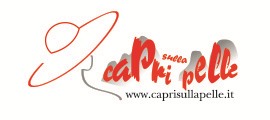
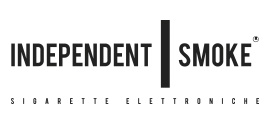
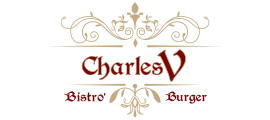
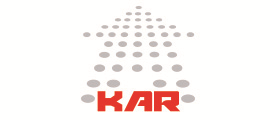

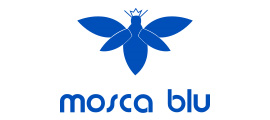
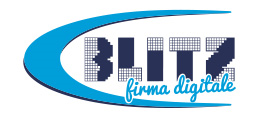

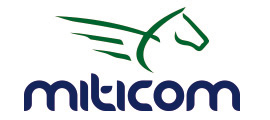
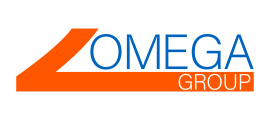
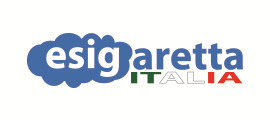

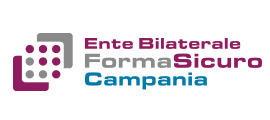

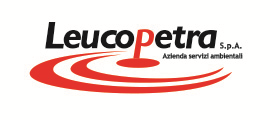
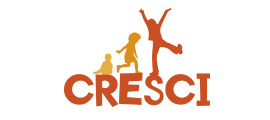
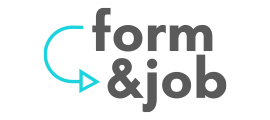

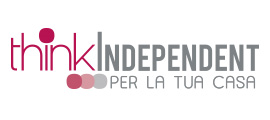
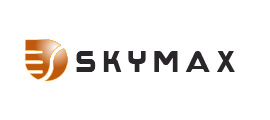
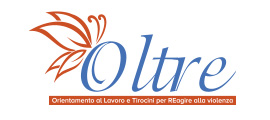
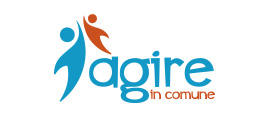
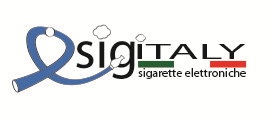
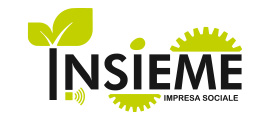
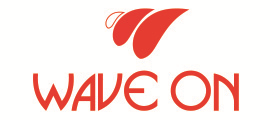
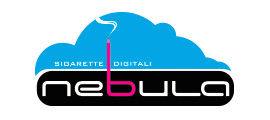
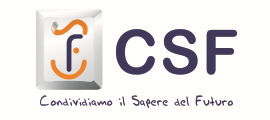
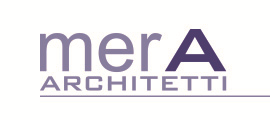

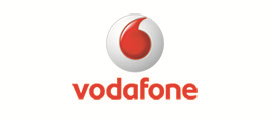

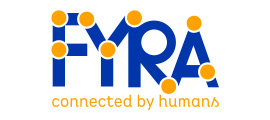

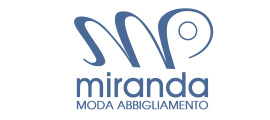

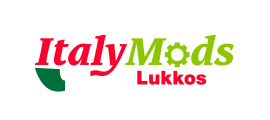
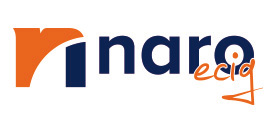

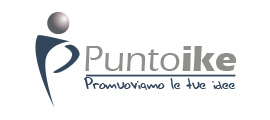
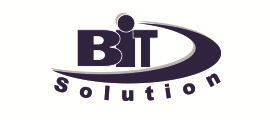

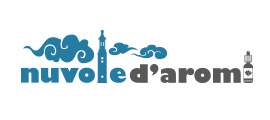
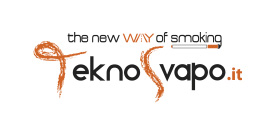





















Comments